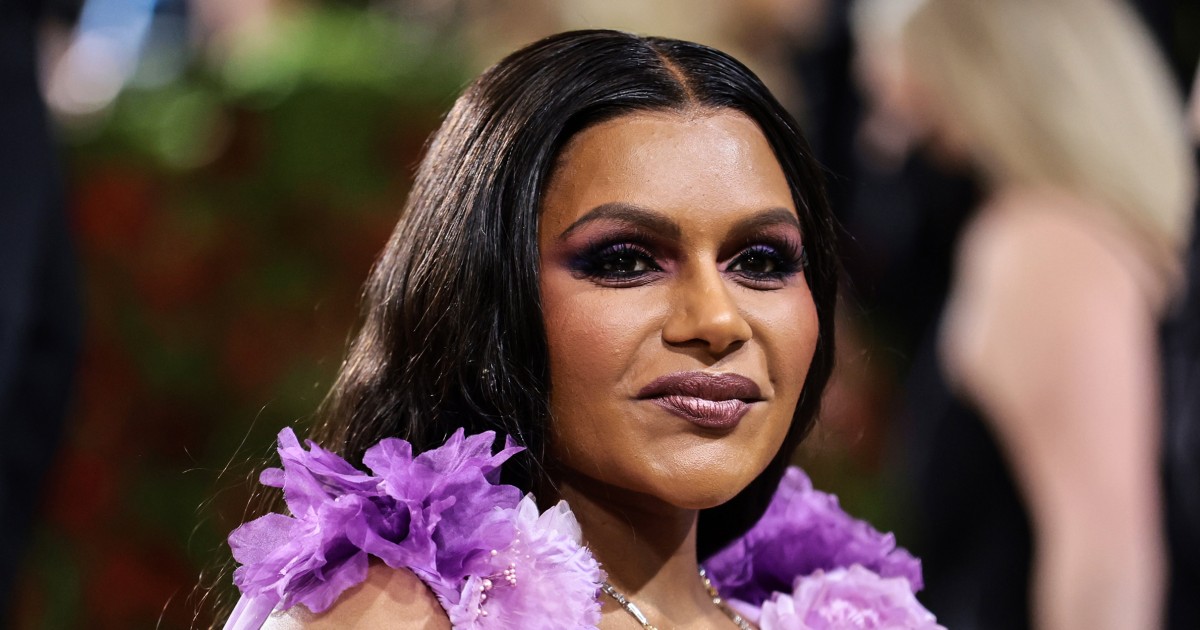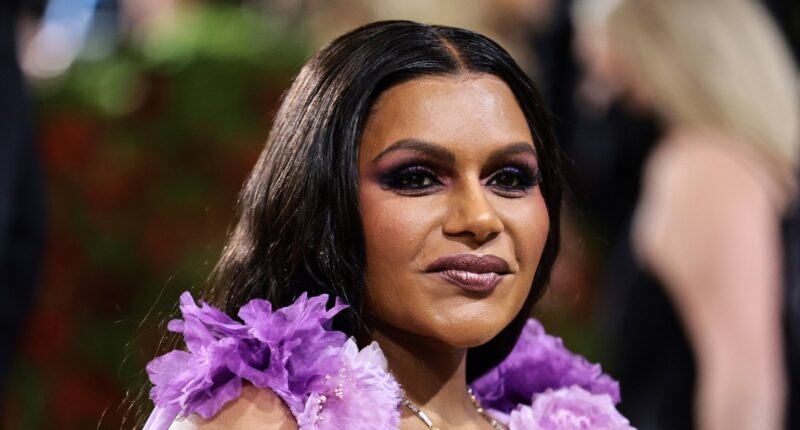
A week in, the response to “Velma,” HBO Max’s new animated series, has hardly been the stuff of reboot dreams.
The series is now the third lowest-rated television series on IMDB; HBO Max turned off comments on the show’s trailer; and the South Asian community has been loudly voicing its concerns that while the show includes diverse characters, it doesn’t further explore identity.
But there’s a resounding voice of critics saying the negative commentary might be misguided because Mindy Kaling, the voice of Velma and executive producer on the series, is being held to unfair standards as one of the only representations of South Asian women in the industry.
“She has become a lightning rod for this kind of criticism,” said Lakshmi Srinivas, an associate professor of Asian American studies at the University of Massachusetts, Boston.
The new reboot of “Scooby-Doo” serves as the origin story of Velma — who is now a South Asian bisexual teenage girl — trying to solve the mystery of her mother’s disappearance.
The series received underwhelming reviews from reviewers and viewers. Critics gave the series a 50% positive rating and audience members gave it 6% on Rotten Tomatoes. Many users said they were disappointed that the show excluded Scooby, and that the story line didn’t hold up to the original series.
Critics had mixed reactions, with some who said the show was cheeky for its outlandish jokes and its engrossing story line, while others said the characters were unpleasant to watch, saying Velma acted selfishly and Fred was depicted as a helpless wealthy snob.
Kaling and HBO Max did not respond to NBC News’ request for comment.
One of the main points some South Asians take issue with in “Velma” aligns with a long history of what some say is Kaling cherry-picking the most negative stereotypes about South Asians while not properly exploring racial dynamics. The jokes on the show and her characterization are similar to most of Kaling’s characters in the past.
Velma’s body hair, “masculine” features and weight were quickly the dominating subject of jokes. In the first episode, Fred, Velma’s white male crush, told her that she was a “fashionably challenged loser [the students] depend on for group projects,” and that he’d mistaken her for his housekeeper. In another scene, Velma said she tells the truth without a filter, “like every comedian before #MeToo.” Viewers criticized the line, saying it wasn’t funny to make light of the social movement. “Not a joke!!!” one tweet said.
The backlash toward “Velma” quickly shifted to backlash toward Kaling and her past projects, with viewers flocking to TikTok and Twitter to share their opinions.
A few viewers came to Kaling’s defense, giving context to her influences and obsessions.
“You have to remember those two [Kaling and TV creator Shonda Rhimes] spent formative sexual years at Dartmouth over 20 years ago. That’s all there was,” @RohitaKadambi said in a tweet.
From Mindy Lahiri in “The Mindy Project” to Devi in “Never Have I Ever” to Bela in “The Sex Lives of College Girls,” some have pointed out that Kaling’s lead South Asian characters share similar qualities: self-deprecating humor, a disconnect from their culture, an obsession with sex, making inappropriate comments and a romantic affinity toward white men.
Lahiri navigated her medical practice and a slew of white male romantic interests. Bela reminded viewers she was a sweaty Indian loser with acne and glasses, and Devi said her arms looked like “the floor of a barbershop.”
Harleen Singh, an associate professor of South Asian literature and women’s studies at Brandeis University, said placing the blame solely on Kaling is unhelpful and that the real issues are systemic.
“She is one [person]. We are collectively criticizing how people of color and bodies of color tend to always be representative of the collective and not the individual. But that’s exactly what we’re doing to her by putting the burden on her having to speak for all of us,” Singh said.
In 2021, South Asian women made up 0.3% of onscreen representation in television and film, according to a study by the Nielsen company. South Asian men made up 2.3% of onscreen representation.
“To lay it all on one performer in popular media, who also has to go along with the conventions of Hollywood … it’s not easy, because Hollywood itself has a problem with diversity,” Srinivas said.
Srinivas sees why the South Asian community feels incorrectly represented by Mindy, Devi, Bela or Velma.
“When her characters have become so popular with the mainstream audience, I think it’s understandable that the South Asian community feels somewhat outraged by this portrayal of a South Asian individual,” she said.
But she also said Kaling doesn’t get everything wrong.
“It’s not inauthentic to the experience of South Asian kids growing up in this society. They face a lot of discrimination and a lot of bullying in school. Their names are made fun of, their food is made fun of, so they might grow up with this terrible defensiveness about that culture,” she said. “They are very much the same as the characters Mindy portrays.”
Source: | This article originally belongs to Nbcnews.com









